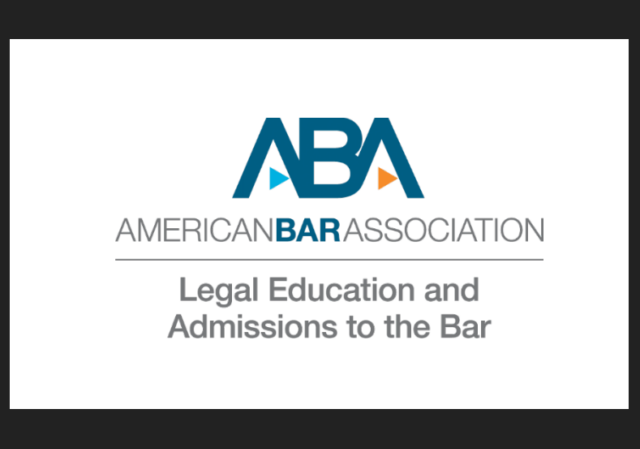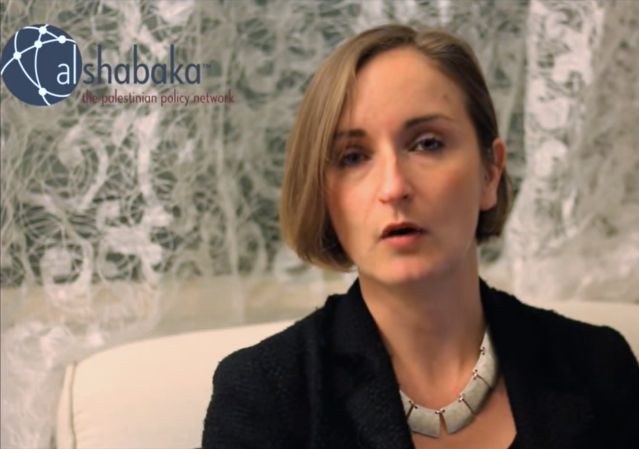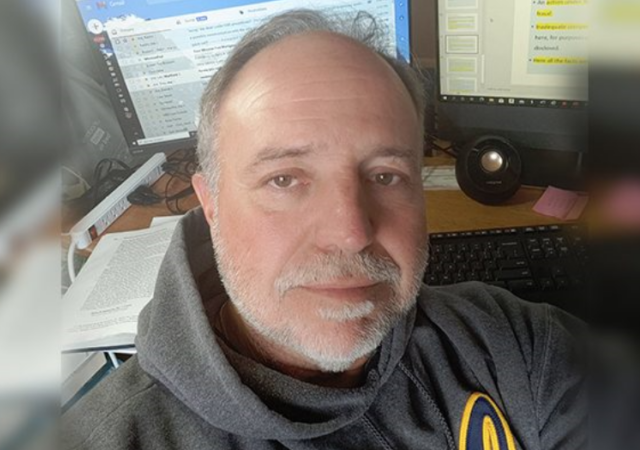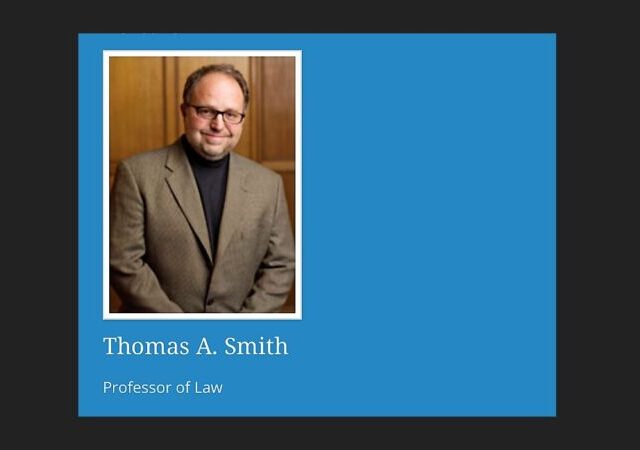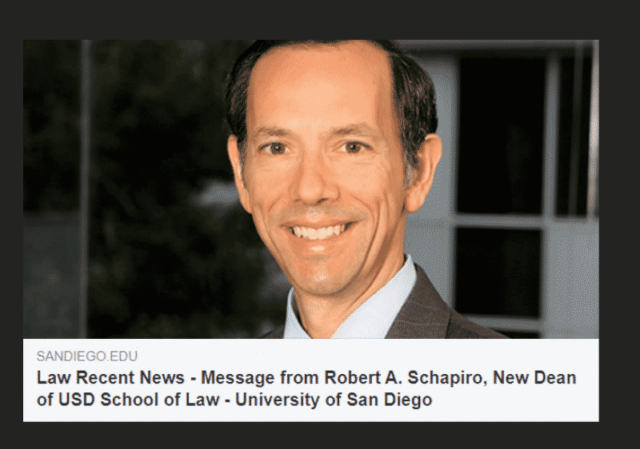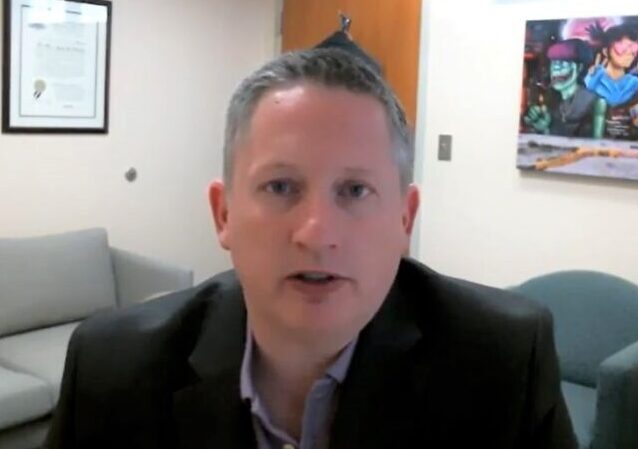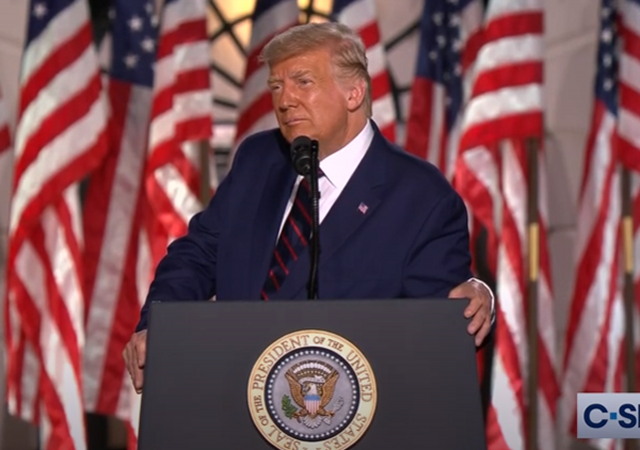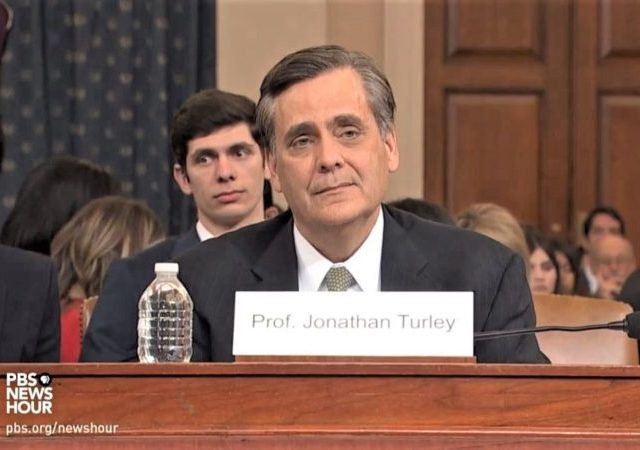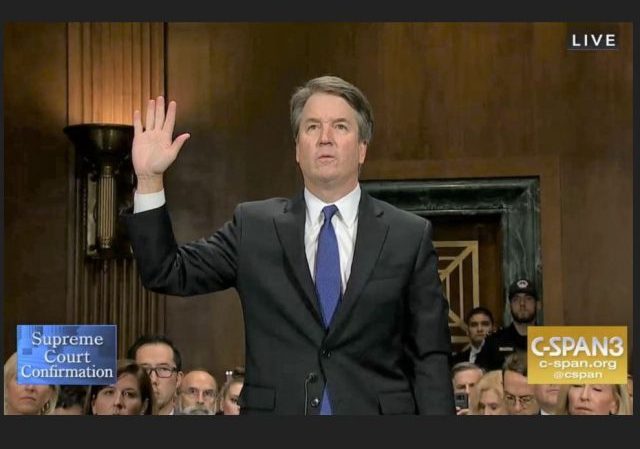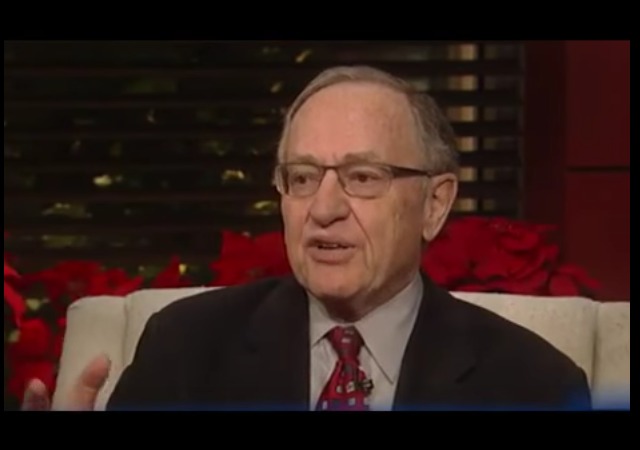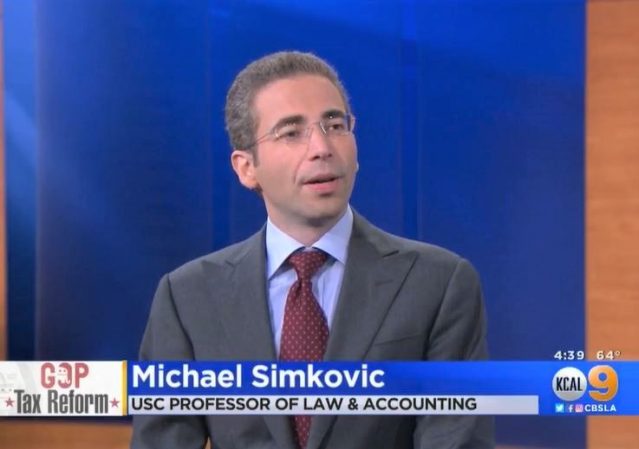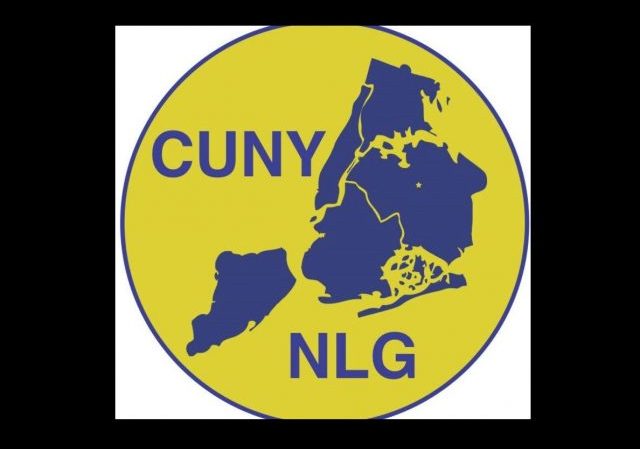Law Professors Tag
Send A Letter: American Bar Assoc. Proposed Mandated Law School Race Curriculum Will Restrict Academic Freedom and Debate
Independent Investigation: Supposed Zionist Pressure Not Why U. Toronto Refused To Hire Anti-Israel Academic Valentina Azarova
Back in November 2020, we covered the case of Valentina Azarova, a Germany-based “human rights scholar” who was denied the directorship of the University of Toronto School of Law International Human Rights Program (IHRP). Outraged, her supporters complained that a Jewish alumnus and donor—a sitting Tax Court judge ill-disposed to Azarova's work on "Israel's occupation of Palestine"—prevented her hire via behind-the-scenes pressure. Now, an independent investigation has disproven this claim, but Azarova's advocates are sticking to—and relentlessly spreading—their original, false narrative.
U. San Diego Law Prof. Tom Smith Vindicated: Blog Criticising Chinese Government Held Protected By Academic Freedom
University of San Diego Provost: "we sought to determine whether the blog post at issue was protected by our policy on academic freedom. After a thorough legal review, it was determined that the expression was protected by that policy....
Free Speech Group Rallies Support For Law Prof. Tom Smith, Under Investigation For Criticizing Chinese Government
Foundation for Individual Rights in Education: "the University of San Diego School of Law is doubling down on its violation of Smith’s expressive rights"...
U. San Diego Law School blows off demand it stop investigation of Prof. Thomas Smith over criticisms of Chinese government
San Diego Law School “Must Immediately Cease Its Investigation” Into Prof. Thomas Smith Over China Criticism, Demands Free Speech Group
In letter to Dean Robert Schapiro, the Foundation for Individual Rights in Education writes: "Smith’s post on his personal blog is an exercise of extramural expression, a right USD Law expressly provides to its faculty...
U. San Diego Law Prof. Thomas Smith Harshly Criticized Chinese Gov’t, Now Faces False Claims Of Ethnic Bias (Update)
U. Miami Law Prof Daniel Ravicher says threatened with termination after pro-Trump tweets
University of Miami Law Professor Under Fire From Students Over Support for Trump
While you were focused on The Atlantic, Trump dealt a devastating blow to Critical Race Theorists
Prof. Jonathan Turley: “legal case for impeachment is not just woefully inadequate, but in some respects, dangerous”
Elizabeth Warren tries to get ahead of her law practice problems with pre-holiday weekend info dump
Disregard law professors’ letter opposing Kavanaugh on temperament – It’s political, not legal principles
The demonization of Alan Dershowitz
USC law professor Michael Simkovic’s absurd attack on me for defending campus free speech
CUNY National Lawyers Guild actually issued a Statement on “What We Mean When We Say “F*ck the Law'”
DePaul Law Prof Under Fire for Using N-Word in Legal Lecture Hypothetical
Donations tax deductible
to the full extent allowed by law.
CONTRIBUTORS
- William A. Jacobson
Founder
- Kemberlee Kaye
Sr. Contrib Editor
- Mary Chastain
Contrib Editor
- Mike LaChance
Higher Ed
- Leslie Eastman
Author
- Vijeta Uniyal
Author
- Stacey Matthews
Author
- Jane Coleman
Author
- James Nault
Author
- Elizabeth Stauffer
Author
- Mandy Nagy
Editor Emerita
- Learn more about the Contributors


